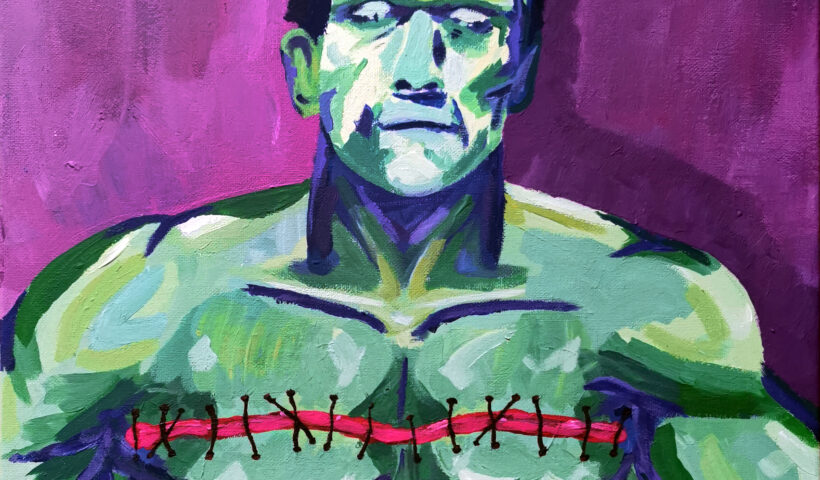Mary Shelley’s Frankenstein already introduces this issue of the nature of being and the core of our subjectivity. In Frankissstein’s source text, Frankenstein’s creature, an outsider in his society, raises the question of what makes someone human, what is considered monstrous, and who has the prerogative of deciding on the answers. As such, it has traditionally been read as “a representation of [marginalisation] and [victimisation], of binding cultural construction” (Mossman, no pg.).
View More “I live with doubleness”: Non-Binary Gender Identity and Othering in Jeanette Winterson’s Frankissstein: A Love Story
